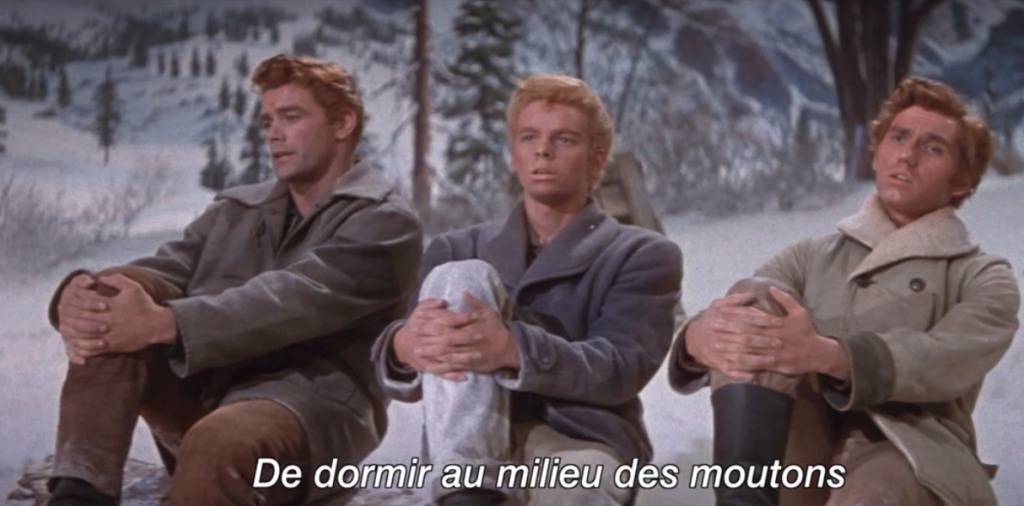
Summer in Rome cinemas are closed


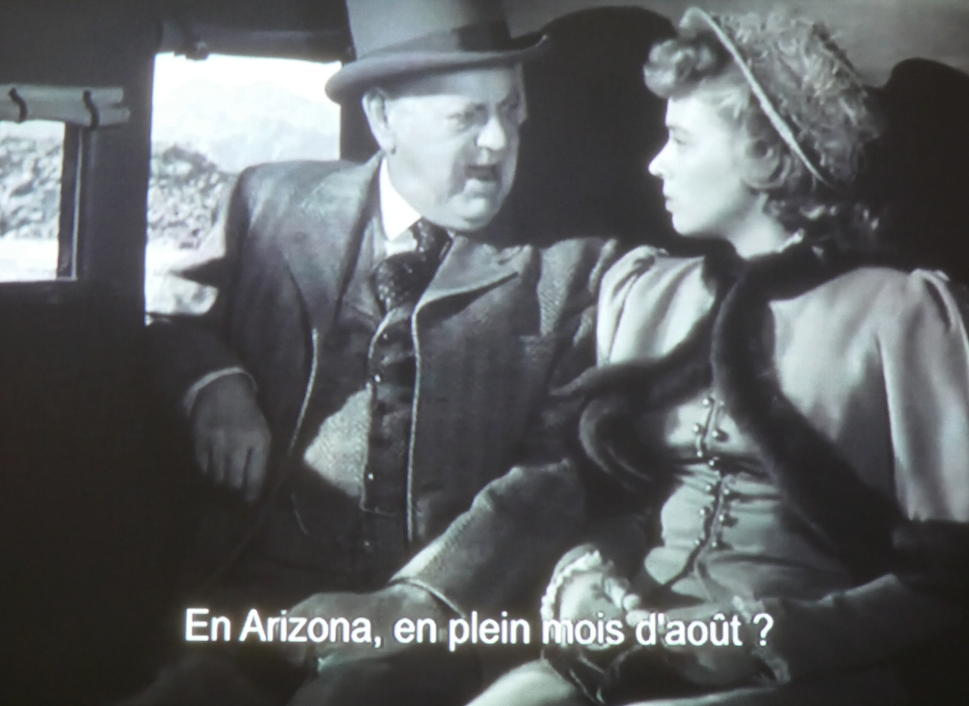
The urge to merge with the splurge of the spring

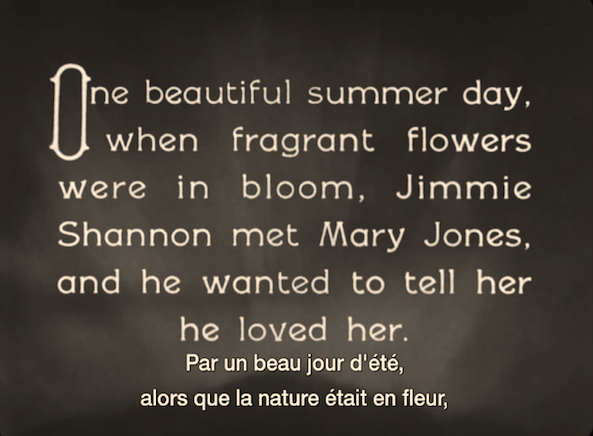
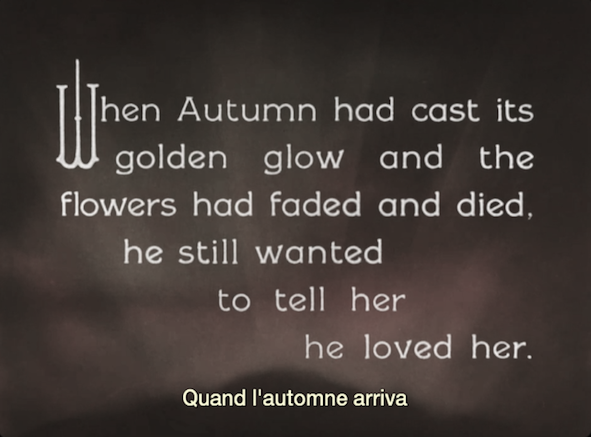
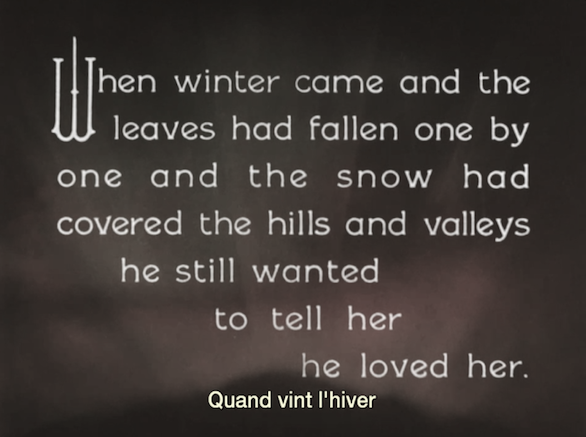
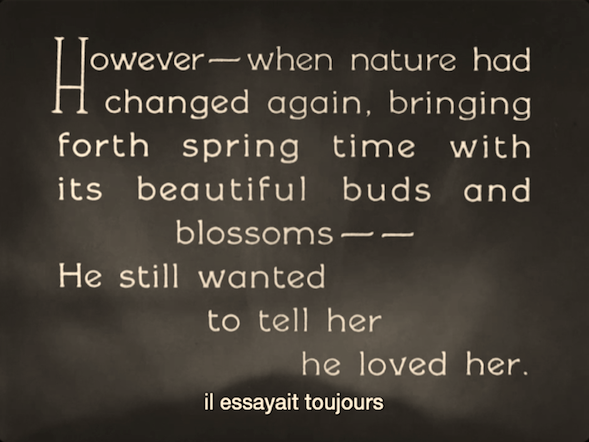


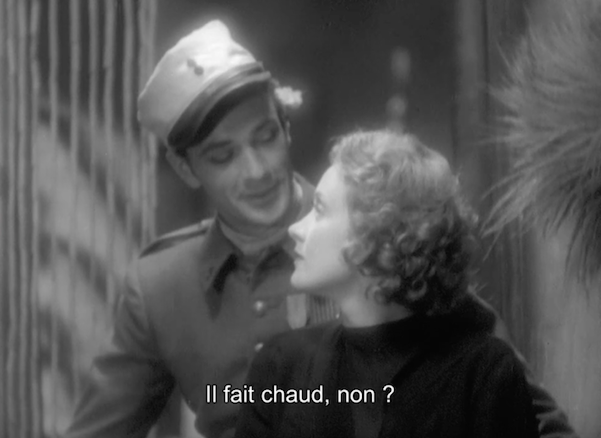
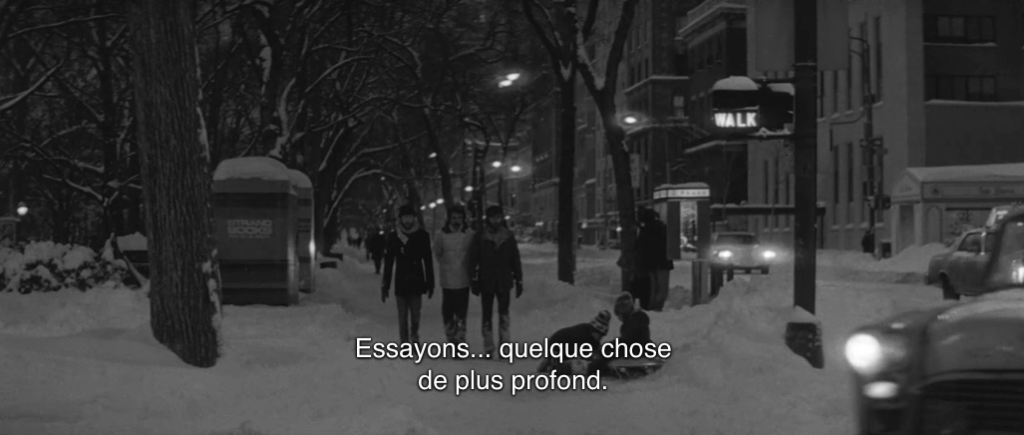
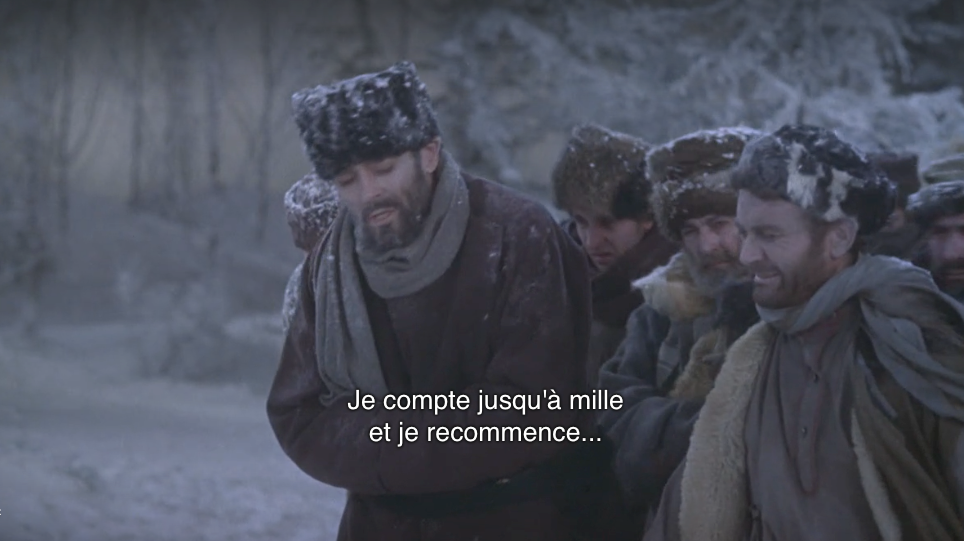


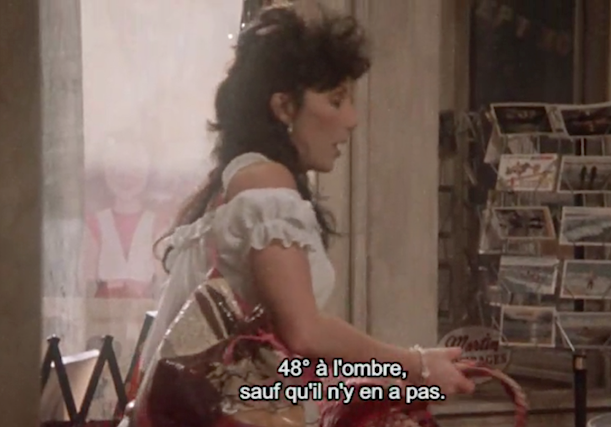


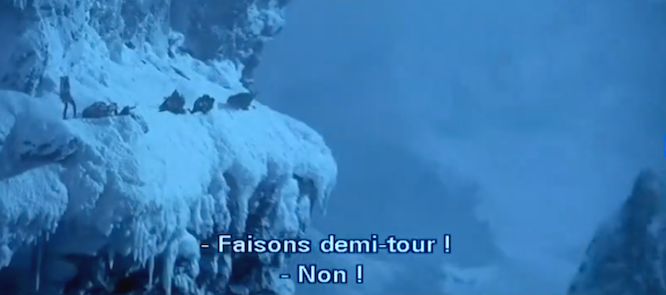

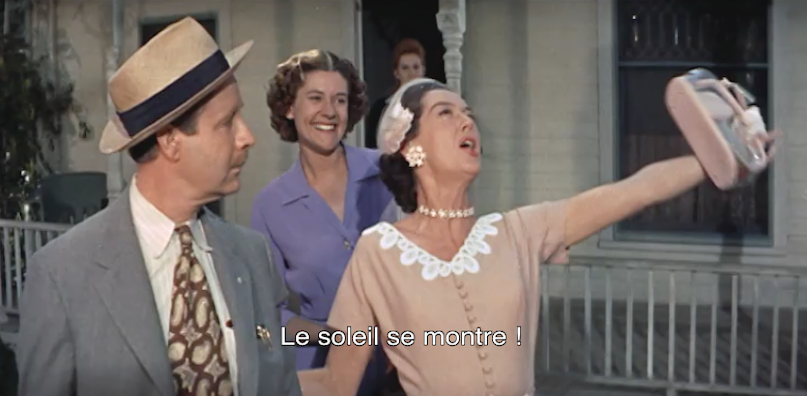

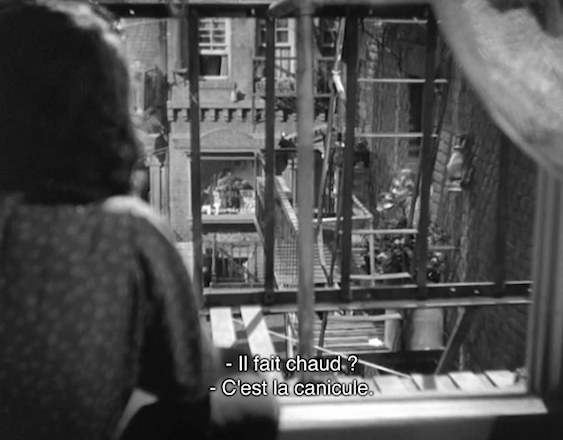

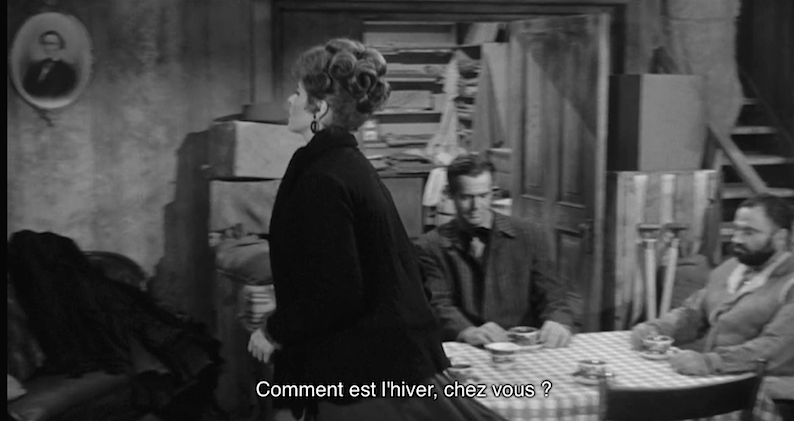
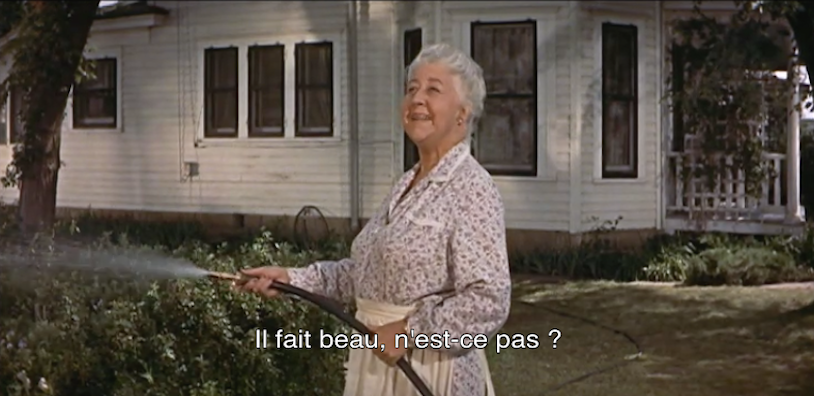
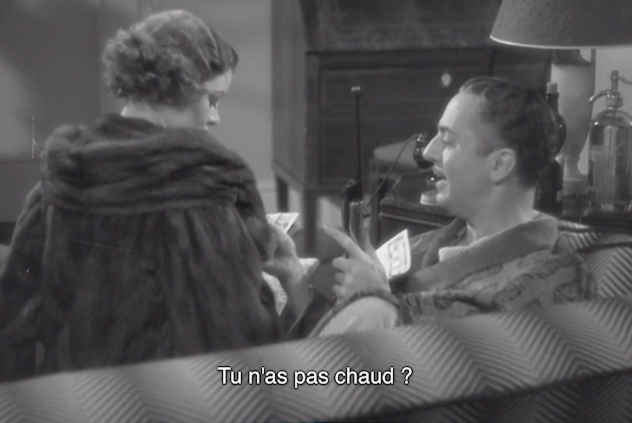


—What’s your position on a July wedding?
—Oh… July, August, September or October.
—Don’t let me hurry you.


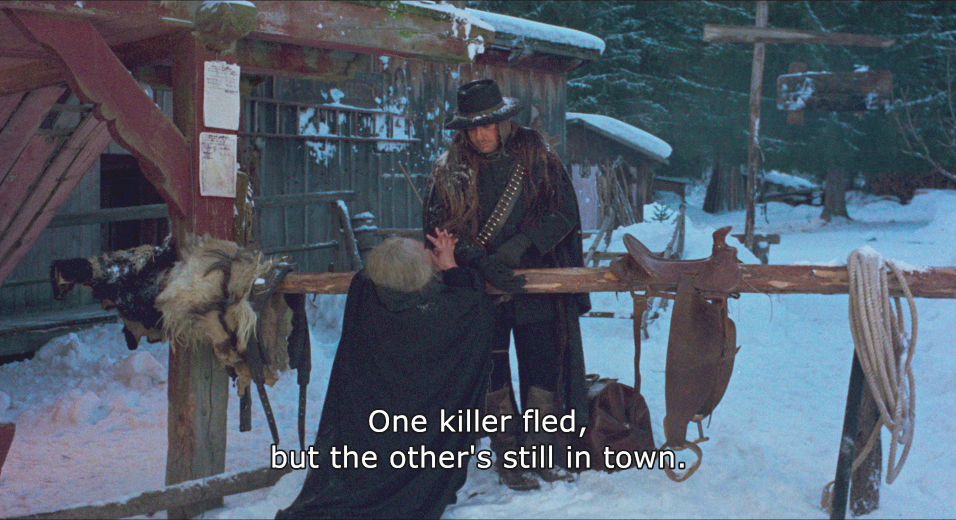

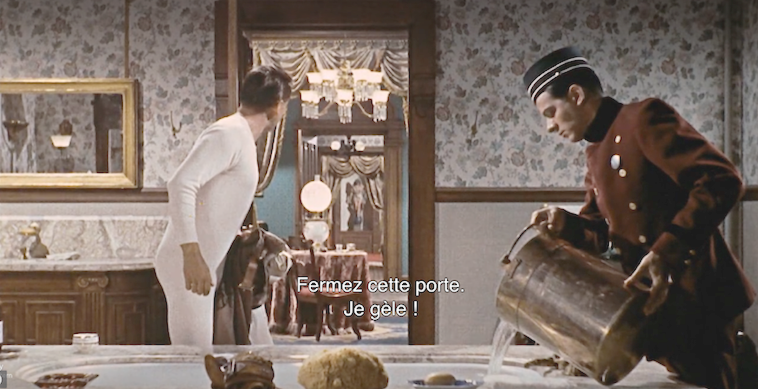
—Are they ever going to get the heating fixed?
—They are working at it, Professor. Perhaps some of you scientists would like to give us a helping hand?

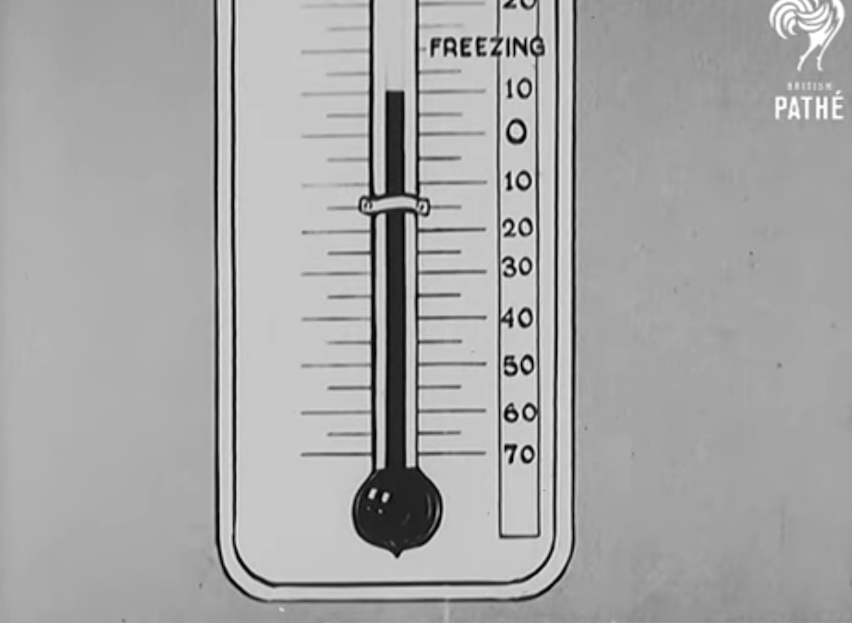
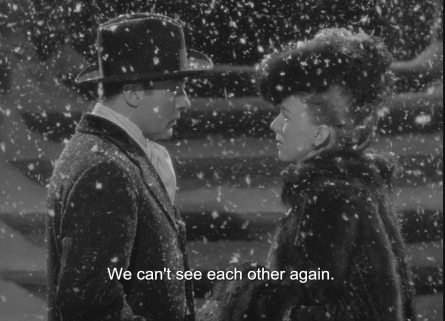

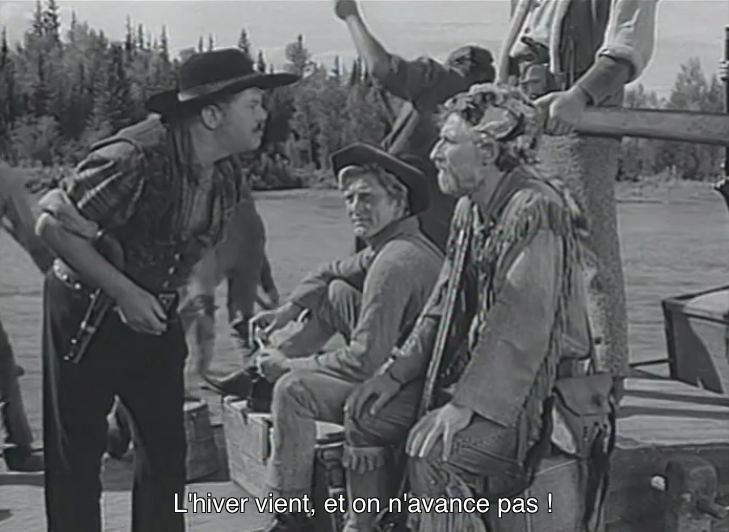
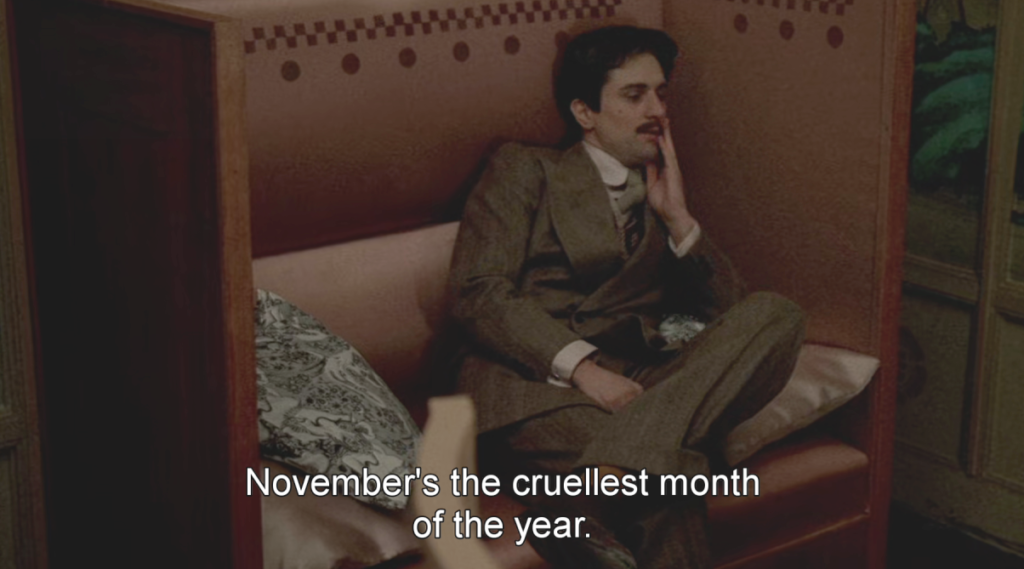
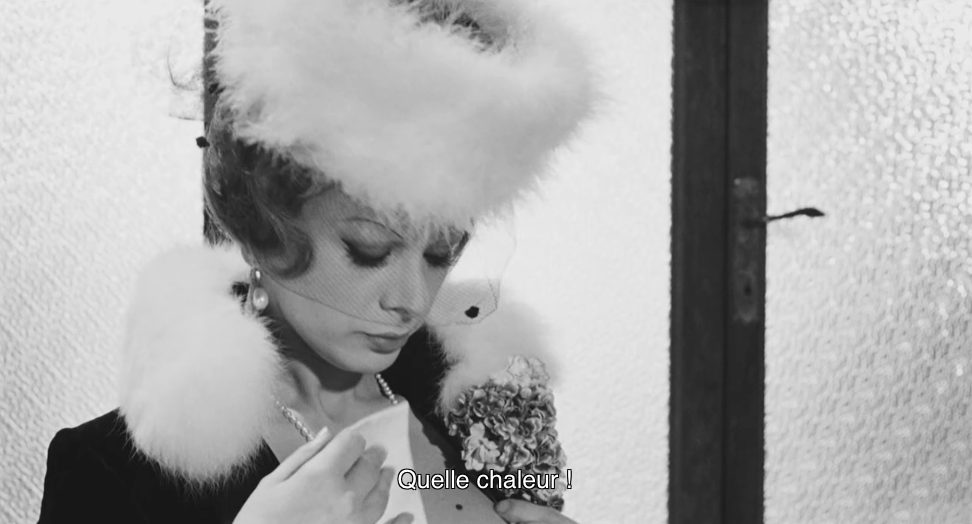
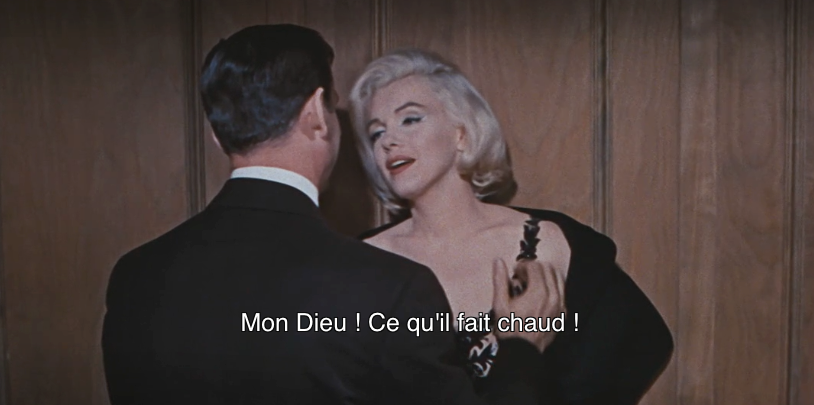
La légende urbaine des 50 mots inuits pour dire neige, trouve son origine dans le Handbook of Americian Indian Languages (1910) où l’anthropologue Franz Boaz explique que les peuples indigènes du nord du Canada ont 4 mots différents pour nommer la neige selon qu’elle tombe, qu’elle est sur le sol, qu’elle est glissante ou en congère. Le nombre à été progressivement grossi à l’appui de l’hypothèse d’Edward Sapir, élève de Boas, selon laquelle la façon dont on perçoit le monde dépend du langage.

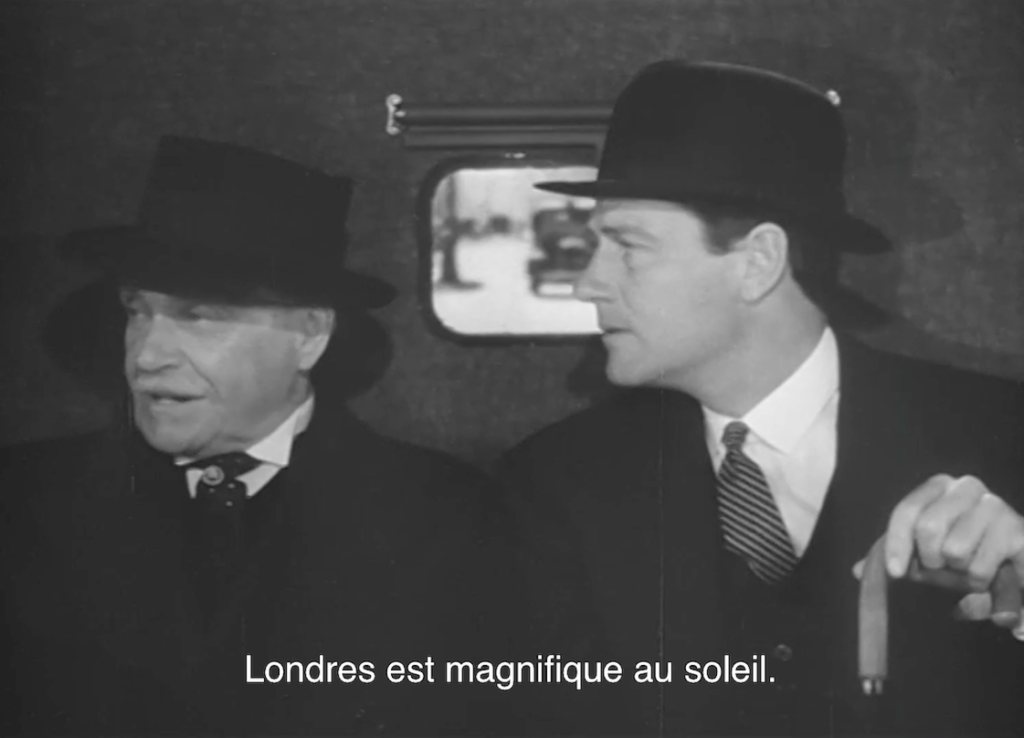
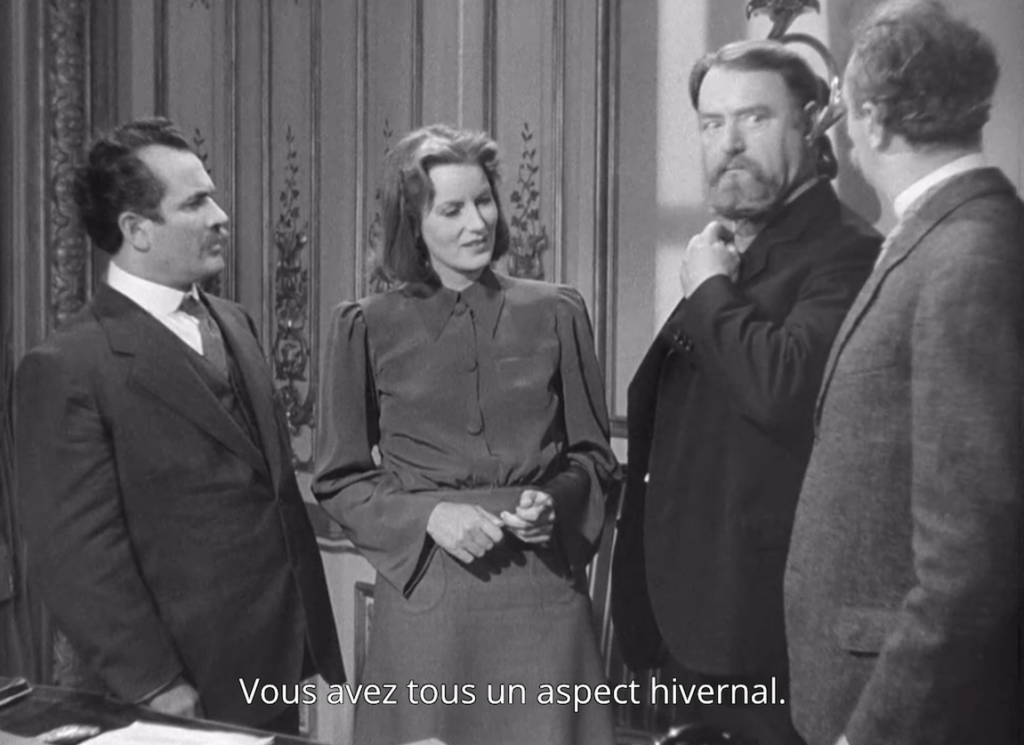



I’m a little old hoot owl
Hootin’ in the trees
‘Cause I ain’t got no little gal owl fowl
Here to shoot the breeze
Uuuh
Can’t shoot no breeze with a bunch of trees
(Johnny Mercer et Gene de Paul, Lonesome Polecat)
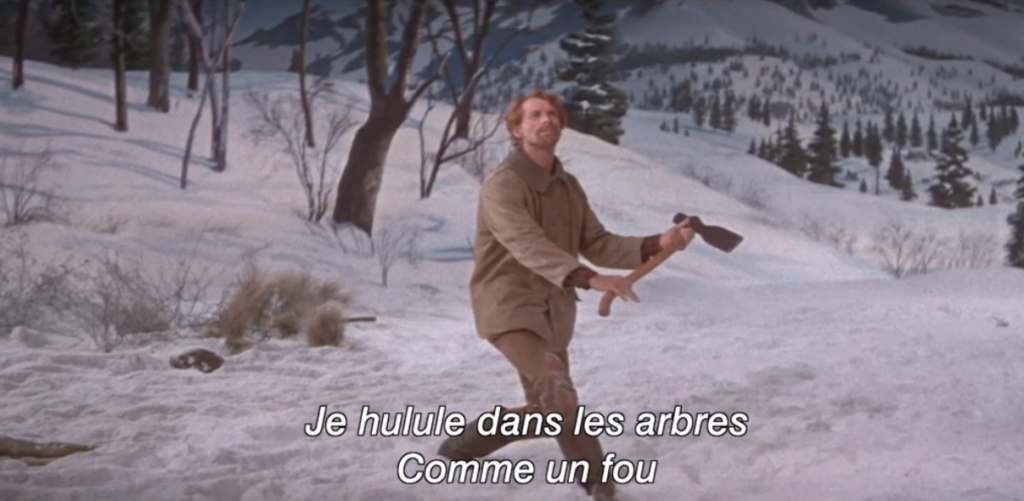
I know it’s cold, that’s why they call it winter

I’m a mean old hound dog
Bayin’ at the moon
‘Cause I ain’t got no lady friend hound dog
Here to hear my tune
Uuuh
A man can’t sleep when he sleeps with sheep
(Johnny Mercer et Gene de Paul, Lonesome Polecat)
